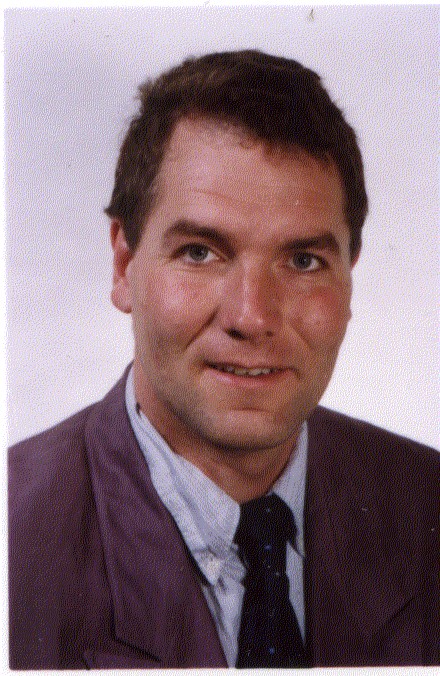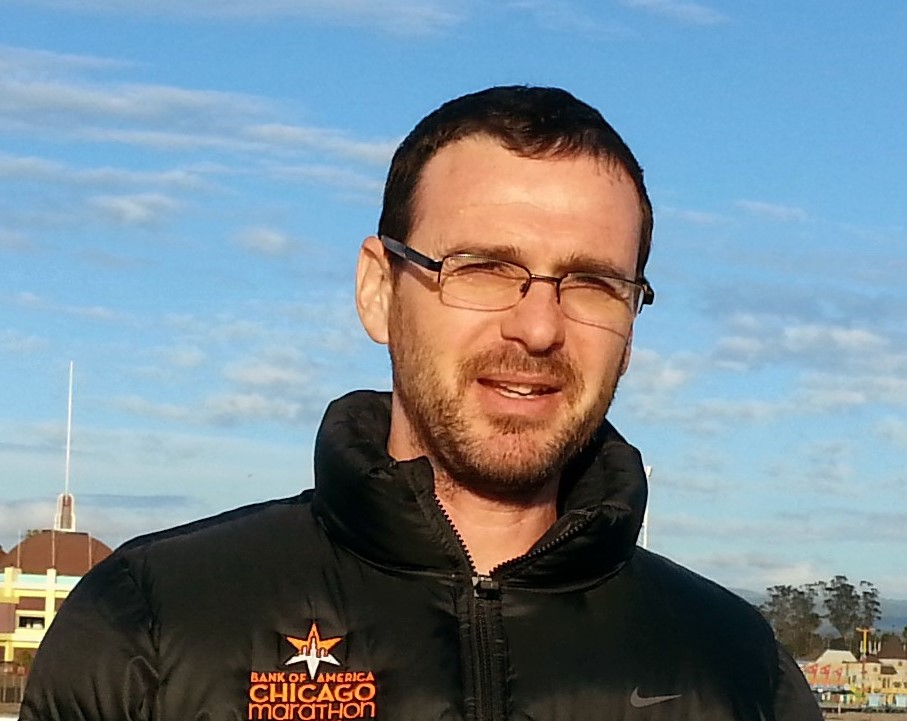EWRS webinar series 2021 Part 2: Innovations in Site-specific Weed Management
Presentations by Prof. Roland Gerhards, University of Hohenheim, Germany and Dr. Ran Lati, ARO Volcani Center, Israel
online webinar 14:00 - 15:30 CET, 3rd of March 2021
EWRS webinar series 2021
This year, a group of EWRS members got together to develop a webinar series covering a wide range of innovative topics that are of interest to everyone involved in weed science and management. Join our webinars to follow a stimulating discussion about the latest research tools and management practices for sustainable weed management. You can download the full programme HERE.
Please subscribe here to receive the webinar link by email from "newsletter@ewrs.org" a few days before the webinar (registration deadline is 11 am on 3rd of March 2021). You will receive a first confirmation email for your successful registration and in the following, on the latest between 11 and 12 am CET on the day of the webinar, you will receive the mail with the link for the Zoom webinar. Please whitelist this e-mail-address if you are not a regular receiver of the newsletter.
If you do not receive the email with the link to the webinar by 12.00 on Wednesday 3rd March, please contact us directly: newsletter@ewrs.org.
You need to subscribe to each webinar separately in case you want to follow more than one event.
On the 3rd of March, Prof. Roland Gerhards, University of Hohenheim, Germany, will give a presentation on "Site-specific weed management: Automization and robotics" and Dr. Ran Lati, ARO Volcani Center, Israel, will give a speech on "Site-specific weed management: Phenotyping, detection of resistance weeds using hyperspectral data and early detection of broomrape as a case study".
14:00-14:45
Prof. Roland Gerhards - University of Hohenheim, Germany:
Site-specific weed management: Automization and robotics.
Short CV

Content
In Precision Weed Management, sensor technologies, decision algorithms and precise application technologies are integrated and they communicate with each other. In the Webinar, five examples are presented for successful Precision Weed Management: 1. Online patch spraying in maize, 2. Offline site-specific weed control in cereals, maize and sugar beet, 3. Online camera-controlled inter-row hoeing, 4. Online camera-controlled harrowing and 5. Weed scouting based on neural networks. The five systems presented are robust and easy to handle for the farmers/consultants. Therefore, they have been integrated in practical farming systems.
14:45-15:30
Dr. Ran Lati - ARO Volcani Center, Israel:
Hyperspectral Imaging- New Opportunities for Precise Weed Management and Phenotyping
Short CV
Dr. Ran Lati studied Crop Protection at The Hebrew University of Jerusalem and received his PhD from the Department of Mapping and Geo-Information Engineering in The Technion, at 2012. He completed a postdoctoral fellowship at the Plant Sciences Department, UC Davis. Since 2015, he works as a research scientist in the Department of Plant Pathology and Weed Research in Newe Ya'ar Research Center, Agricultural Research Organization (ARO). He is currently focus on different aspects of precise weed management and development and integration of non-chemical weed control methods.
Content
Hyperspectral imaging detects signals in a series of continuous channels with a narrow bandwidth. These sensors can monitor slight changes in various biochemical, biophysical and physiological plant properties, detect plants stress and provide detailed plant phenotyping. Hyperspectral cameras are not widely used for precision agriculture purposes due to their high costs. In recent years, different mini-sized and low-cost airborne hyperspectral sensors have been introduced. Advanced space-borne hyperspectral sensors have also been or will be launched in the near future, making hyperspectral imaging widely available for agricultural applications. This talk aims to demonstrate some of the potential contribution that hyperspectral imaging has to offer for the field of precise weed management and phenotyping.
